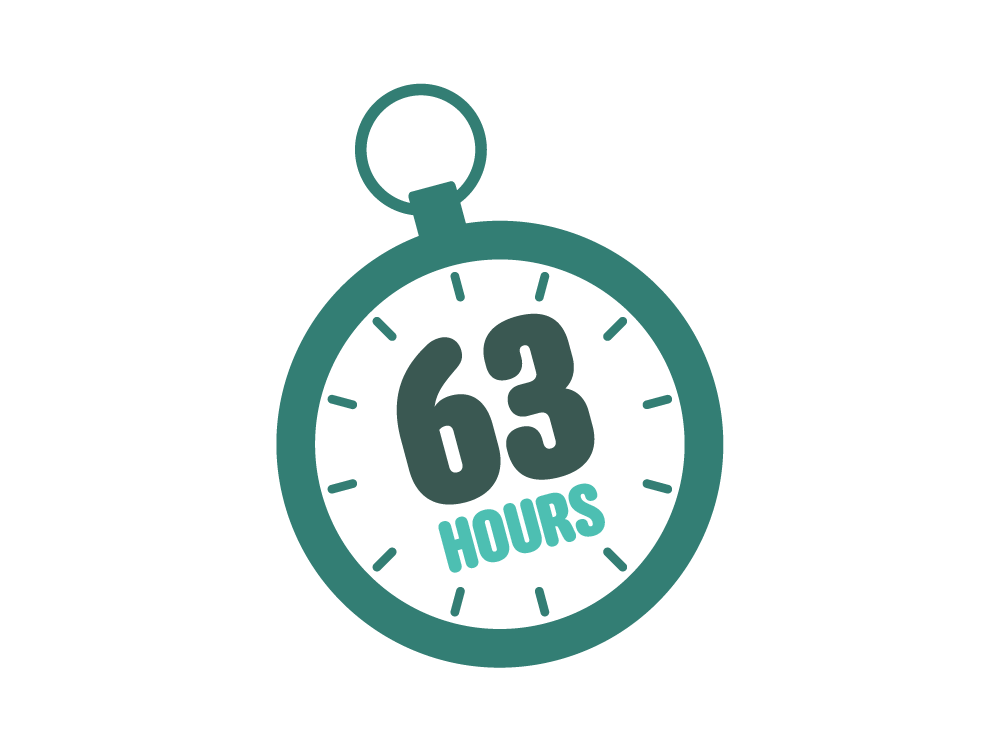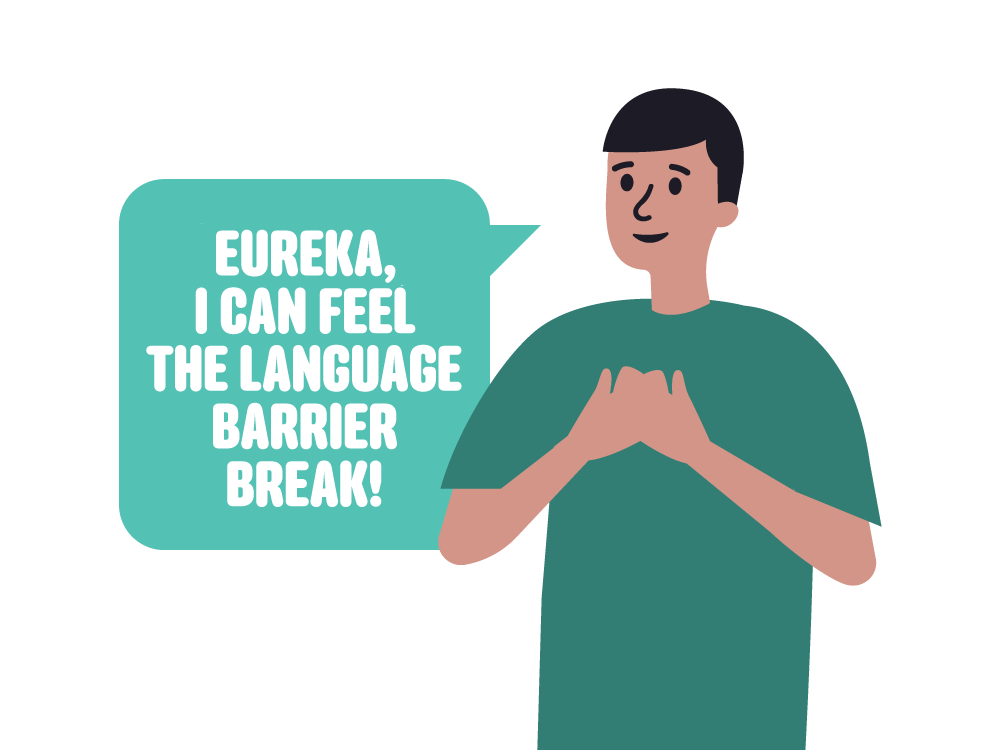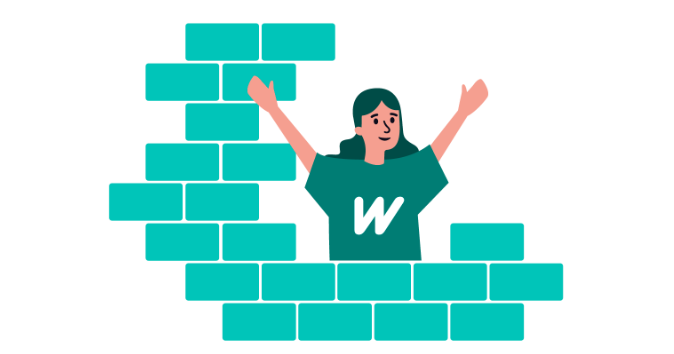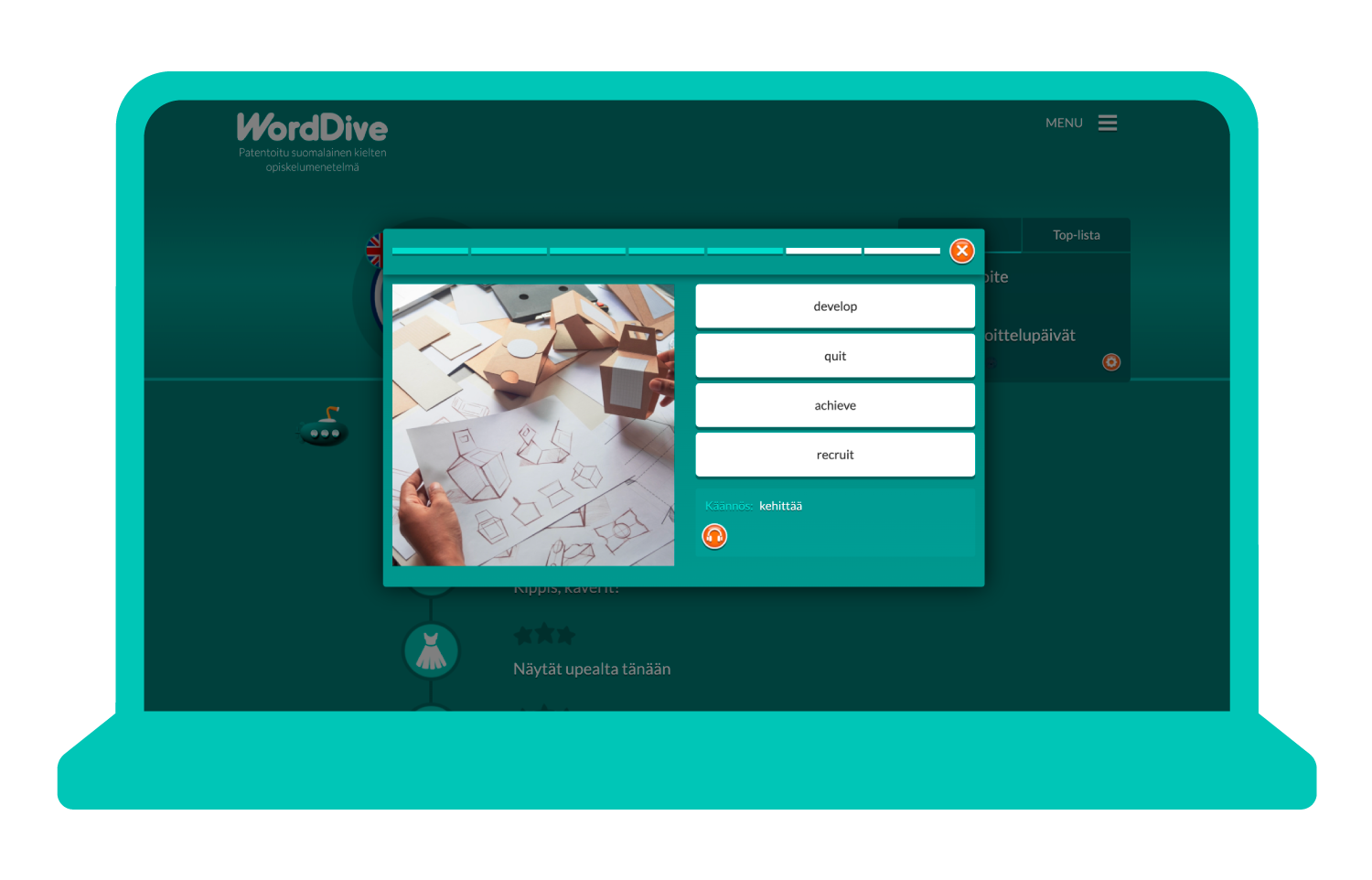
Break the language barrier in 63 hours
When we talk about breaking the language barrier, we mean achieving real-life language skills, where you understand native speakers of the language you are studying and are able to have spontaneous conversations with them. You are able to produce sentences and be understood in your new language.
Break the language barrier in 63 hours, what are we talking about? Based on the WordDive exercise data, users can permanently learn an average of 600 objects in 63 hours, achieving level A2–B1, where their language skills allow them to get by in real-life situations. The learning pace and the starting level naturally affect the outcome.
63 hours spread over 3 months, for example, means about 5 hours of studying per week. When studying with WordDive, you can always adjust the learning to your schedule and goals.
Buy now
Clear lesson plan that adapts to your life
WordDive is perfect for goal-oriented adults who find it hard to fit lessons into their schedule if they take place at a certain time and in a certain place. You can practice online or with the mobile app anywhere and anytime.
The learning material is divided into levels and courses of approximately 40–60 study items each. All materials have been designed by Finnish language teachers in collaboration with native-speaking professionals. In addition to vocabulary exercises, the courses include sentence construction, grammar and conversation practice.
Following the clear, ready-made learning path is easy. You don’t need to worry about planning your studies – you can just enjoy learning!
WordDive helps you achieve your language learning goals: read more about the CEFR skill levels.
Buy now
Learn permanently with the WordDive method
With the WordDive courses, you will learn by reading, writing, listening and speaking. The learning algorithm optimises the exercises to your individual needs to ensure that the things you learn are transferred from working memory to long-term memory. We call these permanently learned items.
Permanent learning means that you know the vocabulary and key grammar structures by heart. To achieve this, you will need to spell the study item correctly on at least two separate days without listening to it beforehand.
Once you have permanently learned the basics of a language, you can start using the language more confidently and your skills will quickly improve. You will be able to deduce the meaning of unfamiliar words from the context, and little mistakes won’t faze you. If you can’t think of the right word immediately, you can easily work your way around it. Little by little, you will be able to use the new language naturally!
Start a language course